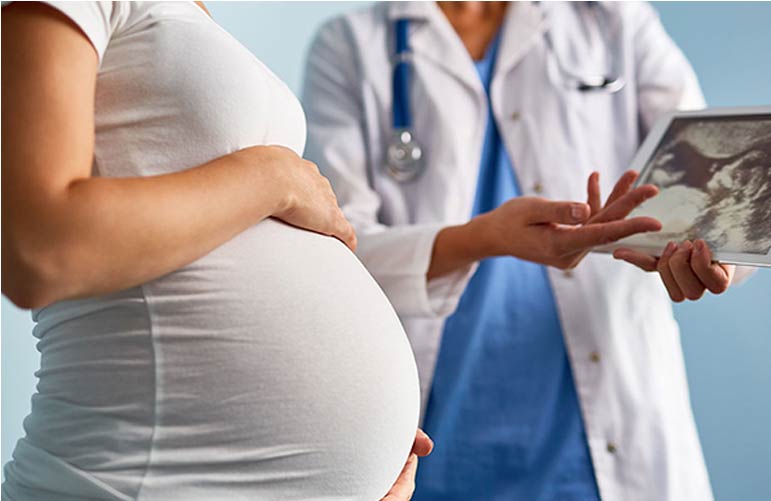
High Risk Pregnancy
The physiological process of a developing fetus within the maternal body is known as pregnancy. Health care clinicians use the phrase high-risk pregnancy to describe a pregnancy in which the mother, her fetus, or both are at a higher risk of developing difficulties during pregnancy or childbirth than in a normal pregnancy.
To guarantee the best possible outcomes, women with high-risk pregnancies should be cared for by a specialized team of health care experts.
A high-risk pregnancy can occur as a result of a variety of illnesses that exist before becoming pregnant, such as diabetes or high blood pressure, as well as difficulties from a prior pregnancy or during pregnancy or delivery.
In India, around 20-30% of pregnancies are classified as high risk, accounting for 75% of perinatal morbidity and mortality. Early detection and appropriate care of high-risk pregnancy can significantly reduce maternal and fetal unfavorable outcomes.
What are the risk factors for a high-risk pregnancy?
A high-risk pregnancy can sometimes be the outcome of a pre-existing medical issue. In other circumstances, a medical problem that arises during pregnancy that affects either you or your baby makes the pregnancy high risk.
Among the specific factors that may lead to a high-risk pregnancy are:
Maternal age has advanced: Mothers above the age of 35 have greater pregnancy risks.
Choices in lifestyle: Smoking, consuming alcohol, and using illegal drugs can all endanger a pregnancy.
Maternal health issues: Obesity, diabetes, epilepsy, thyroid disease, heart or blood diseases, poorly controlled asthma, and infections can all raise the chance of pregnancy.
Complications of pregnancy: An atypical placenta position, fetal development less than the 10th percentile for gestational age. A potentially fatal condition that can arise when your blood group is Rh-negative and your baby's blood group is Rh-positive are some examples.
Pregnancy with multiples: Women carrying more than one fetus face greater pregnancy risks.
History of pregnancy: A history of pregnancy-related hypertension disorders, such as preeclampsia, increases the likelihood of being diagnosed with this condition during the next pregnancy.
